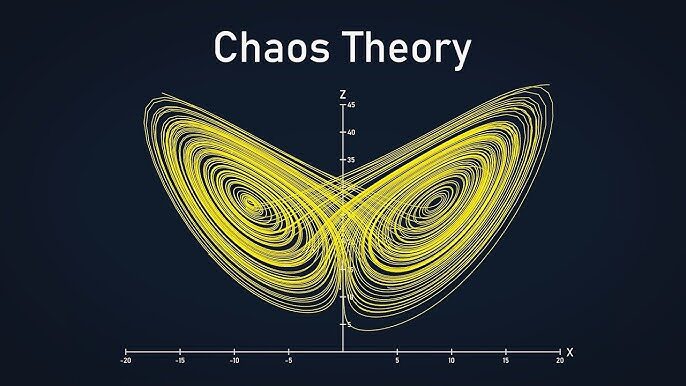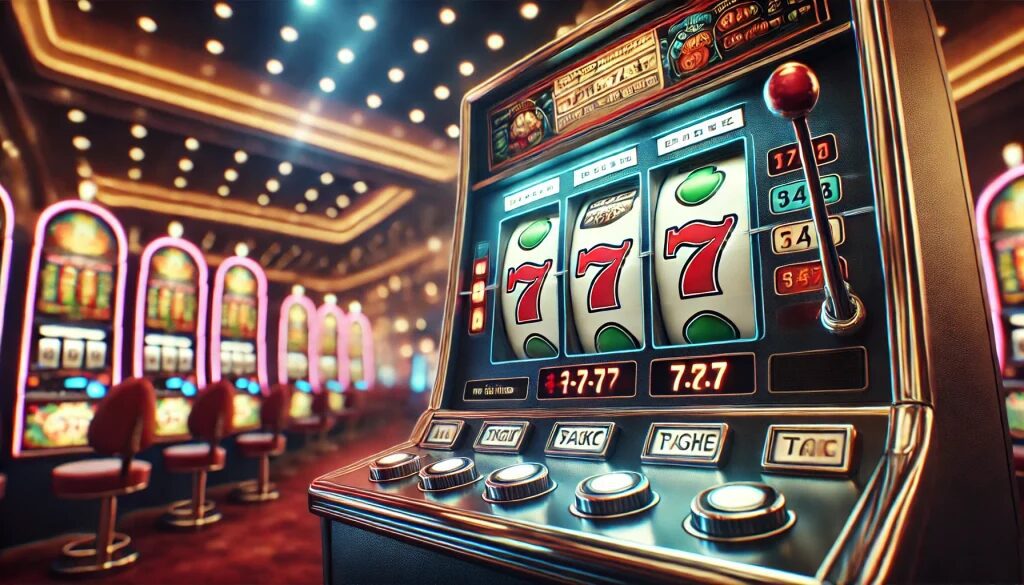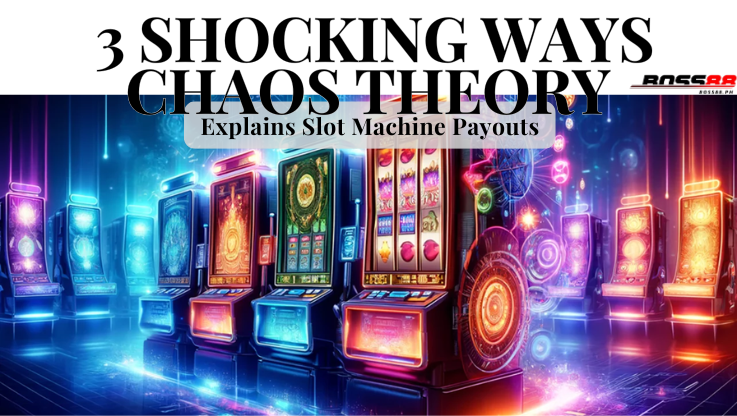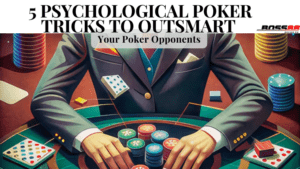Introduction: Chaos Theory and Online Casino Slot Machines
Online slot machines, renowned for their unpredictability, operate on principles that may seem random but often have underlying systems. Chaos theory, a fascinating branch of mathematics, provides insights into complex systems where patterns emerge from apparent randomness. By examining slot machine payouts through the lens of chaos theory, we can better understand how these games are both thrilling and mathematically designed.
This article will dive into three ways chaos theory explains slot machine payouts, offering a new perspective for online casino enthusiasts.

Initial Conditions and Sensitivity: The Butterfly Effect in Slot Machines
One of the cornerstones of chaos theory is the butterfly effect—the idea that small changes in initial conditions can lead to vastly different outcomes. In online slot machines, this concept mirrors the function of Random Number Generators (RNGs).
How RNGs Work in Slots
RNGs continuously generate numbers, even when the machine is not in use. Each spin outcome is determined the moment you press the “spin” button, influenced by the exact millisecond you act. A fraction of a second’s difference can produce an entirely different result, reflecting the sensitivity of the system.
Why This Matters for Payouts
The randomness ensures fairness, but the sensitive nature of RNGs means no two spins are ever truly alike. This explains why hitting the jackpot one moment and losing the next isn’t luck alone but a product of the underlying chaotic system.
Player Tip:
While you can’t control the RNG, understanding its sensitivity can encourage you to focus on responsible gaming rather than seeking patterns in slot machine behavior.
Strange Attractors: Identifying Patterns in Randomness
Chaos theory introduces the concept of “strange attractors”—patterns that emerge within seemingly random systems. Slot machines are designed to pay out according to specific algorithms, resulting in predictable long-term behaviors known as Return to Player (RTP) percentages.
How RTP Reflects Chaos Theory
The RTP is a predefined percentage that a slot machine returns to players over an extended period. For example, a slot with a 96% RTP will theoretically return $96 for every $100 wagered, though individual experiences vary greatly.
While each spin feels random, strange attractors—like the RTP—ensure the machine’s behavior aligns with its programmed payout schedule over time.
Why This Matters for Payouts
This balance of randomness and predictability creates excitement for players while ensuring casinos maintain profitability. Understanding this concept can help players manage expectations and strategies.
Player Tip:
Choose slots with higher RTP values and remember that short-term results may deviate from long-term patterns due to the chaotic nature of payouts.

Fractals and Recurring Patterns in Slot Design
Fractals, another element of chaos theory, refer to self-repeating patterns that occur at different scales. In slot machines, this concept is reflected in the game’s visual and gameplay designs, as well as payout structures.
- Symbol Patterns: Many slot machines feature recurring symbols or motifs that increase familiarity and engagement.
- Bonus Rounds: Bonus features often mimic the structure of the base game but amplify rewards, creating a sense of repetition with variation.
- Jackpot Tiers: Progressive jackpots often have fractal-like layers, with mini, minor, major, and grand prizes scaling up in magnitude.
Why This Matters for Payouts
These repeating structures make gameplay feel cohesive, while the variability within them sustains excitement. Players are drawn to the intricate designs and the perception of patterns, even when outcomes remain fundamentally random.
Player Tip:
Look for slots with dynamic bonus rounds and progressive jackpots, as these fractal designs enhance both the entertainment value and potential rewards.
How Chaos Theory Elevates the Online Casino Experience
Understanding chaos theory not only explains the mathematical intricacies behind slot machine payouts but also enriches the player experience. The unpredictable yet patterned nature of slots mirrors the thrill of online casinos: the balance between chance and strategy keeps players coming back for more.
Here’s a quick recap of the three ways chaos theory relates to slot payouts:
- Sensitivity to Initial Conditions: Every spin outcome hinges on precise timing, ensuring unique results.
- Strange Attractors: RTP percentages act as long-term patterns in a chaotic system.
- Fractals in Slot Design: Repeating structures in gameplay maintain excitement while amplifying rewards.

Final Thoughts: Chaos Theory, Entertainment, and Responsible Gaming
For online casino players, recognizing the interplay between chaos and order in slot machines can enhance both enjoyment and strategy. While chaos theory explains the unpredictability of payouts, it also highlights the deliberate design that ensures fairness and excitement.
Always remember, though, that the unpredictability of slots is part of their charm—and a reminder to play responsibly. By understanding the science behind the spins, you can approach online slots with both curiosity and caution, balancing entertainment with smart gameplay.
Explore the thrilling world of online slots and see chaos theory in action—just don’t forget to enjoy the ride!







































